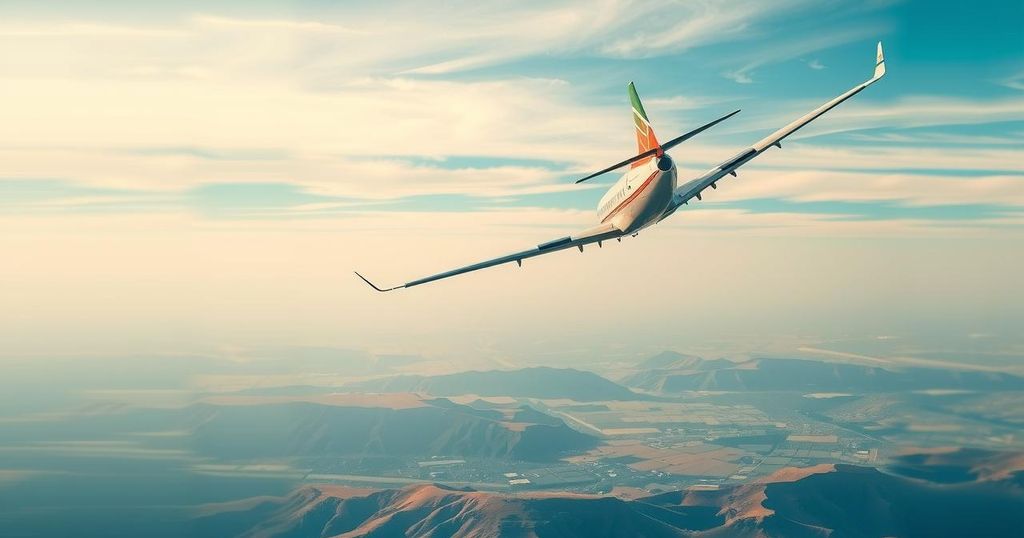Rodrigo Duterte, former President of the Philippines, has been arrested and transported to The Hague to face charges of crimes against humanity related to anti-drug operations during his presidency. His arrest was executed following an Interpol warrant, inciting significant public reaction regarding justice for victims of the drug war. The ICC is pursuing charges of murder as a crime against humanity amidst ongoing investigations.
Former Philippine President Rodrigo Duterte has been apprehended in Manila and is being transported to the Netherlands to face charges of crimes against humanity at the International Criminal Court (ICC). His arrest was conducted following an Interpol warrant due to his alleged involvement in deadly anti-drug policies during his presidency. Duterte, aged 79, was detained at the airport when returning from Hong Kong with family, leading to a tearful farewell from aides and supporters.
Despite his condition, as he required a cane for walking, Duterte expressed defiance upon his arrest, questioning the legal grounds for his detention. His legal team has sought the intervention of the Philippine Supreme Court to halt his extradition. Support from his ally, Senator Bong Go, claimed that his rights were violated during the arrest and custody process.
The ICC’s probe into Duterte’s governance has highlighted mass killings associated with his anti-drug campaigns, estimating death tolls ranging from over 6,000 to 30,000. According to the ICC, evidence suggests these actions were systematic, prompting the need for Duterte’s arrest to ensure he faces prosecution.
After the transport commenced, the ICC confirmed that an arrest warrant for Duterte was issued regarding murders classified as crimes against humanity, occurring between November 2011 and March 2019. The arrest has been welcomed by families of victims, as they view it as a pivotal moment for justice. Activists emphasize the need to hold other perpetrators accountable as well.
Duterte’s government had sought to halt ICC investigations, asserting that local authorities were addressing the crimes. However, ICC judges rejected these claims and ruled that their investigation must proceed. Despite the current administration under Ferdinand Marcos Jr. opting not to rejoin the ICC, it indicated willingness to collaborate with international police regarding Duterte’s arrest.
Former President Rodrigo Duterte’s extradition to the ICC marks a notable development in the pursuit of justice for victims of his controversial anti-drug policies. Following a tumultuous arrest, public sentiment has turned largely towards seeking accountability for past actions. This incident underscores the ongoing global dialogue about human rights and the role of international justice systems in addressing crimes against humanity.
Original Source: baytobaynews.com




